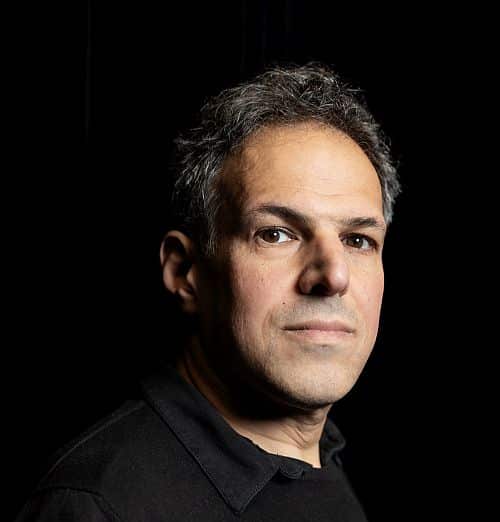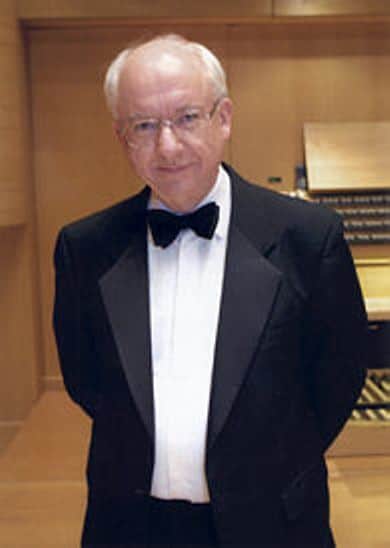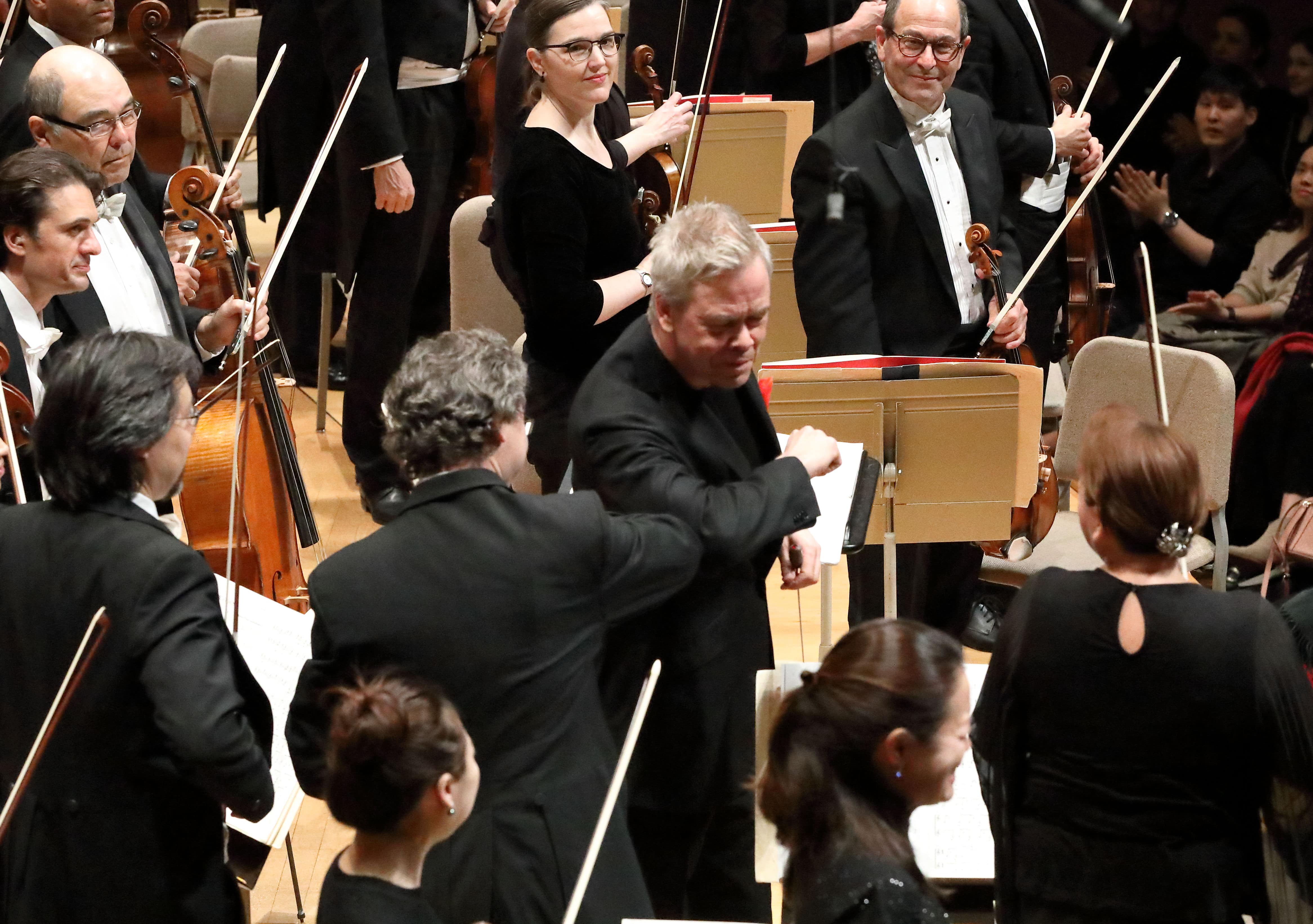Opera singers ‘face a mental health crisis’
OperaSingers’ agents tell us of a tsunami of depression that is sweeping through the profession. Opera budgets have been cut, contracts arrive late and the basic security of the profession is under threat. One agent says she has four singers presently receiving treatment for depression.
The conversations were sparked by the suicide, on Tuesday in Korea, of the popular tenor Sehoon Moon. Sehoon was 39.
He was working with Glyndebourne, Malmo and opera houses in France and had every reason to feel confident. But he had given up his residency in Milan during Covid and had failed to find a partner to accompany him through life.
‘He was an angel, everybody loved him,’ said a close associate, but depression is an insidious condition and there is often no swift remedy.
*
Samaritans can be contacted on UK freephone 116 123, or email jo@samaritans.org or jo@samaritans.ie. In the US, you can call or text the National Suicide Prevention Lifeline on 988, chat on 988lifeline.org, or text HOME to 741741 to connect with a crisis counsellor. In Australia, the Lifeline is 13 11 14. Other international helplines can be found at befrienders.org






Comments